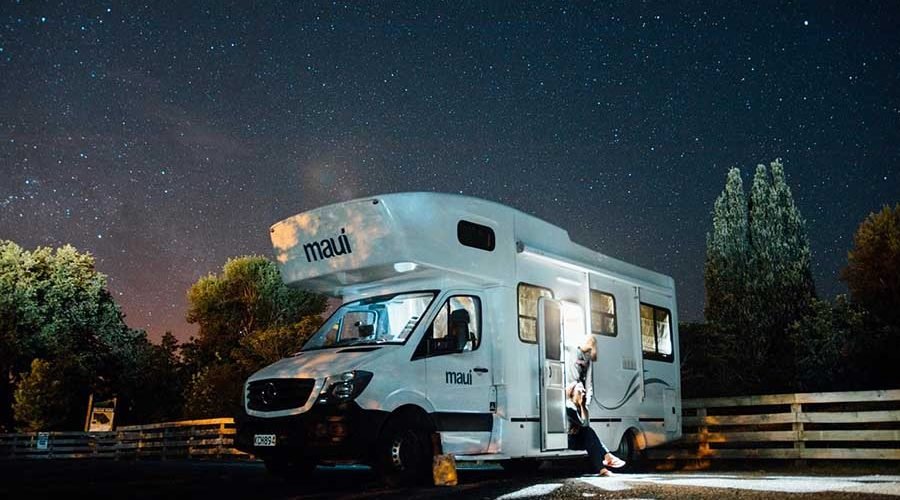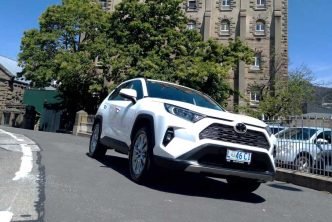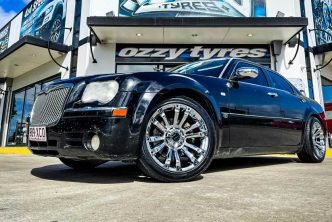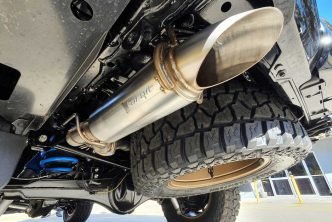Between 2001 and 2021, the purchase of RVs skyrocketed by more than 62%. While owning an RV grants you experience and joy like no other, it comes with certain risks of its own. By having the right protection in place, you can travel with ease and ensure that your family and assets are safeguarded from any financial damage if something unexpected should occur during your journey.
To help you understand just what kind of insurance coverage is available for RVs, this article will explore various types of policies and include different RV insurance tips. We’ll look at a few ways how to find the best policy to provide protection without breaking the bank so that you can keep enjoying your travels worry-free.
Table of Contents
What Is RV Insurance and Why Do You Need It
Your RV is your escape from the stresses of everyday life and the perfect way to explore new destinations. But whether you’re a full-time RVer or just use your recreational vehicle for weekend getaways, it’s important to protect your investment with RV insurance.
RV insurance is a type of coverage designed specifically for RVs, motorhomes, and travel trailers. It offers protection for damages or losses incurred from accidents, theft, vandalism, and more.
When purchasing an RV and seeking insurance, it is paramount to shop in your local area. For example, if you reside in Ontario, Canada, find the best insurance companies in Ontario with a credible broker so that you can make an educated decision. A reputable brokerage will offer particular rates that may be within your budget while being knowledgeable of the laws distinctive to where you live; guaranteeing sufficient coverage on the road for contentment and safety. Shopping locally is vital when trying to find reliable protection as well as mental calmness.
Different Types of RV Insurance Coverage to Consider
Making the right RV insurance choice is essential for keeping yourself, your vehicle, and any upcoming travel plans safe. You need to select an appropriate policy that covers all of your needs based on size, type, and potential destinations; pick from a wide range of coverage options available to you.
- Liability coverage. The most basic type of insurance you’ll need to legally operate your vehicle;
- Comprehensive coverage. Protects your RV in case of damage from theft, fire, or natural disasters;
- Collision coverage. Covers repairs or replacement costs in the event of an accident.
As you determine the perfect policy for your needs, remember to consider various types of vehicles like motorhomes, fifth wheels, and camping trailers.
Shopping Around for the Best Rates on RV Insurance
Shopping around is a crucial step towards getting the most out of your RV insurance premiums. Don’t be afraid to ask questions and compare different prices, coverage options, and discounts; this research could save you considerable amounts of money. Be sure not to settle for the first quote that comes along; it’s very likely that much more cost-effective deals are available if you take the time to look for them.
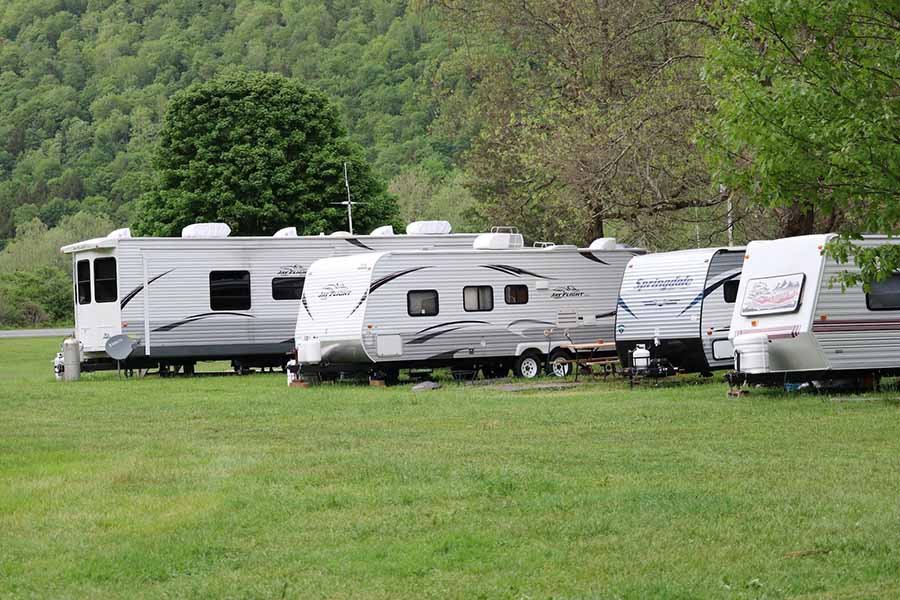
Tips for Avoiding Common Insurance Mistakes
Embarking on a road trip in an RV should be nothing but thrilling, so it’s best to avoid any potential issues. Unfortunately, many people make mistakes while buying insurance for recreational vehicles that can have serious consequences.
Making sure you understand the nuances of your policy is integral to ensure there are no surprises when filing a claim. Don’t be enticed by low premiums that may not deliver adequate coverage in times of need. Additionally, always make certain that the information provided to your insurer is honest and accurate, such as RV usage, estimated mileage, and driving history—all essential for any successful claims process.
These tips will help you avoid common RV insurance mistakes and ensure that you have a safe and memorable road trip.
Bottom Line
RV insurance is an important part of protecting your recreational vehicle investment. It provides peace of mind and helps you avoid financial losses due to unexpected damage or theft. Knowing the coverages you need and the insurance options available to you is essential for making sure you are properly protected. Do your research and shop around for the best policy for your budget and needs. With the right insurance in place, you can fully enjoy your RV adventure knowing you are protected.

